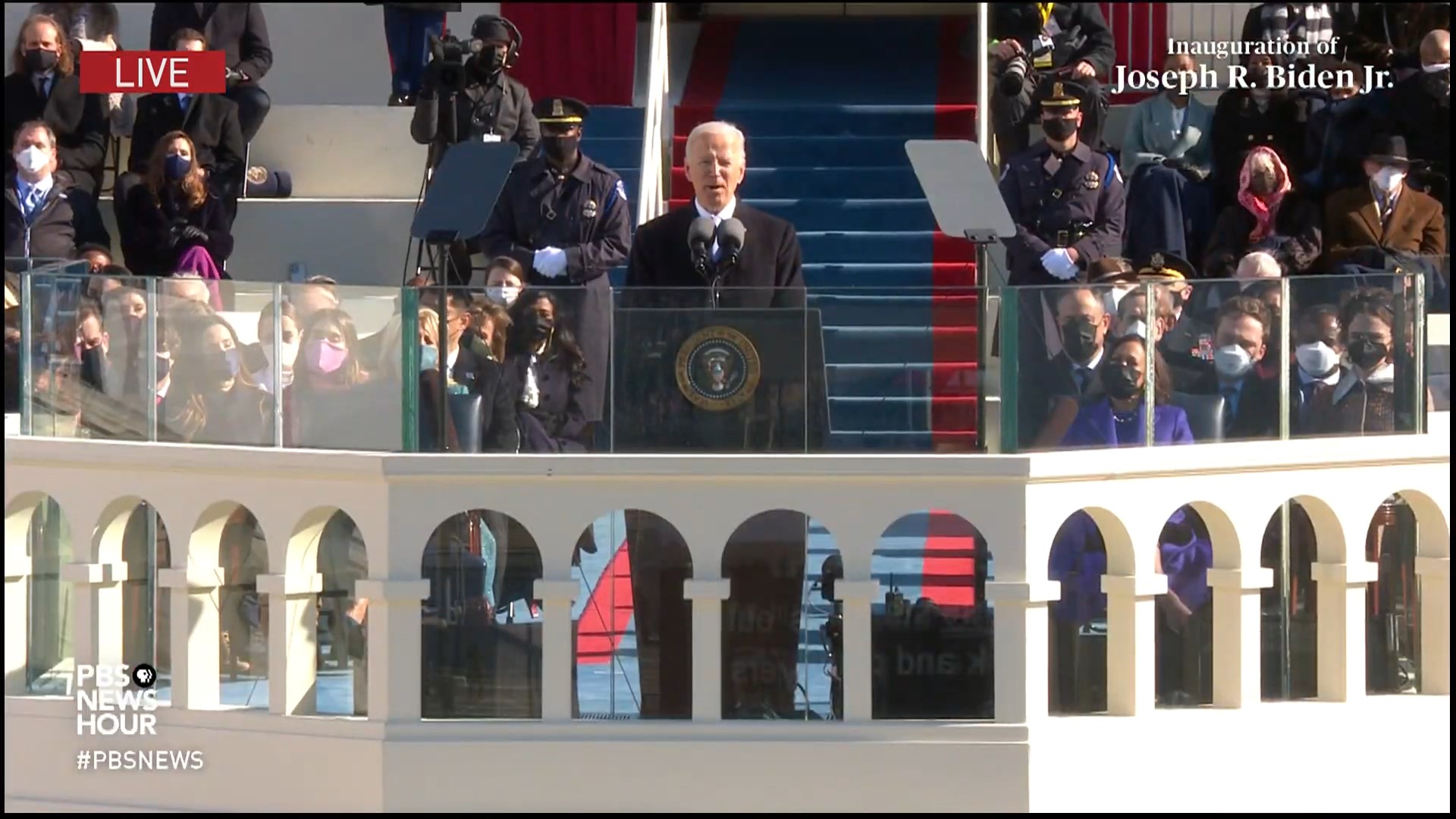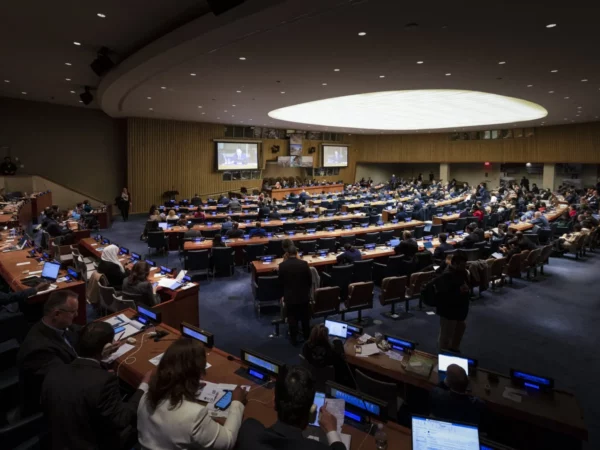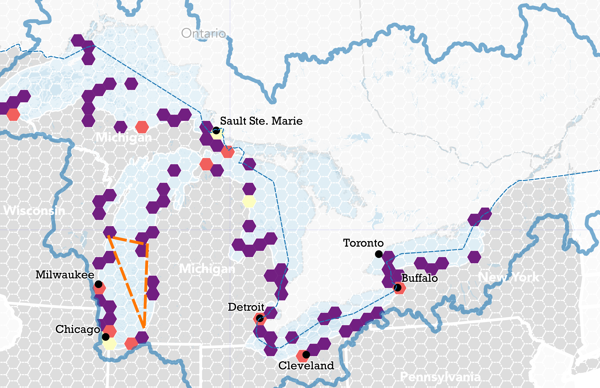
Join Great Lakes Now on Jan. 26 at 7:15 p.m. EST for our “The Great Lakes Agenda” episode premiere Watch Party here. Great Lakes Now Program Director Sandra Svoboda will be hosting alongside guests environmental reporter Kelly House of Bridge Michigan and senior editor and chief correspondent Keith Schneider of Circle of Blue.
Our team likes to say that the Great Lakes don’t vote, they’re non-partisan. But we’re talking about the water system itself.
But as for the PEOPLE of the region? Yep, they vote, and in November’s election they helped the Biden-Harris ticket win the White House.
What exactly that means to the Great Lakes and the issues impacting the region remains to be seen, but we’re taking a look in our next monthly show: funding for research, changes in environmental enforcement, a look at the shipping industry, how the COVID-19 pandemic is impacting the economy, and, of course, what a renewed federal focus on climate change could mean for the region.
Here’s a preview:
API key not valid. Please pass a valid API key.We’re betting Great Lakes Now and our media partners will have a lot to cover in these next four years.
On Day One in office, President Biden got to work re-entering the Paris Climate Accords and invalidating some of his predecessor’s executive orders that have loosened environmental regulatory enforcement.
Earlier, as part of transition planning, as his teams examined federal agencies, they “found deeper budget cuts, wider staff losses and more systematic elimination of climate programs and research than they realized,” according to E&E News.
While environmental advocates are hopeful President Biden will enact their agendas, as we think about what he could do related to the Great Lakes and water quality, it’s also worth looking at just how much of a mandate he might have from voters of the region.
Just two of the eight Great Lakes states counted for the Trump-Pence ticket in the Electoral College – Indiana and Ohio. The eight states together went 53 to 47% Biden-Trump, counting raw votes.
But that doesn’t mean the voters have handed the Democrats a clear mandate for a more leftist agenda, whatever that may be for the region as a whole. The voting was close in most states.
In fact, if you take out the Democratic strongholds of Illinois and New York, President Biden lost the popular vote when you combine the vote totals in the other six states: Indiana, Michigan, Minnesota, Ohio, Pennsylvania and Wisconsin.
In other words, Biden won Michigan, Minnesota, Pennsylvania and Wisconsin by LESS than he lost Indiana and Ohio counting total votes. Yes. If you just count the votes, MORE went for Trump in those six states.
It was close: the split was 51 to 49% in Trump’s favor in those six states with 474,335 votes separating the candidates.
Some would love to think there’s a “Great Lakes voter,” or even a bloc in the region that Biden can “thank” with policies that protect the Lakes from pollution, increase research about their ecosystems and reward climate-friendly measures that improve water quality.
The truth is, the diversity of the region and the widespread voting differences between, for example, cities on the Great Lakes coast and more rural areas within the Great Lakes states make that “mandate” less clear.
And what is partisan about the Great Lakes? The biggest federal funding source for research and restoration – the Great Lakes Restoration Initiative – has enjoyed bipartisan support as have a host of other measures at international, state and local levels added around invasive species, funding for infrastructure, water withdrawals and other headline-making topics.
What is clear from the new White House administration is that Biden’s promised focus on climate change, the COVID-19 pandemic and the economy among others are some of the top issues currently impacting Great Lakes cities and smaller communities.
Are those partisan? We’ll see how they play out.
Read about politics on Great Lakes Now:
Federal Relief: Great Lakes fisheries finally get a cut of COVID-19 relief funds
Biden climate team: “Hard work ahead” to rebuild climate efforts
Featured image: President Joe Biden inauguration (Image from PBS NewsHour)




